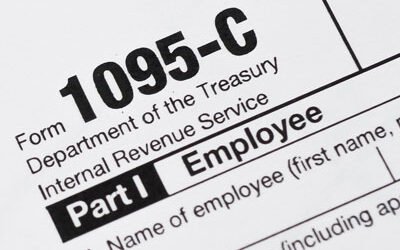by Nick Hill
The Internal Revenue Service (IRS) has announced disaster tax relief for individuals and businesses impacted by Hurricane Helene, covering the entire states of Alabama, Georgia, North Carolina, and South Carolina, as well as parts of Florida, Tennessee, and Virginia. The eight counties in Tennessee are Carter, Cocke, Greene, Hamblen, Hawkins, Johnson, Unicoi and Washington. This relief from the IRS will automatically be available to all residents and business taxpayers within the FEMA-designated areas affected by the hurricane, eliminating the need for individuals to contact the agency.
The declaration permits the IRS to postpone certain tax-filing and tax-payment deadlines for taxpayers who reside or have a business in the disaster area. For instance, certain deadlines falling on or after Sept. 26, 2024, and before May 1, 2025, are granted additional time to file through May 1, 2025. As a result, affected individuals and businesses will have until May 1, 2025, to file returns and pay any taxes that were originally due during this period.
For example, the May 1, 2025 deadline will now apply to:
- Any individual or business that has a 2024 return normally due during March or April 2025.
- Any individual, business or tax-exempt organization that has a valid extension to file their 2023 federal return.
- 2024 quarterly estimated income tax payments normally due on Jan. 15, 2025, and 2025 estimated tax payments normally due on April 15, 2025
The IRS stated that because tax payments related to individual returns were due on April 15, 2024, those payments are not eligible for this relief so additional penalties and interest will continue to accrue.
Individual and businesses in a federally declared disaster area who suffered uninsured or unreimbursed disaster-related losses can choose to claim them on either the return for the year the loss occurred (in this instance, the 2024 return normally filed next year), or the return for the prior year (the 2023 return filed this year). Taxpayers claiming the disaster loss on their return should put the FEMA disaster declaration number. Additionally, qualified disaster relief payments are generally excluded from gross income, which means affected taxpayers can exclude from their gross income amounts received from a government agency for reasonable and necessary personal, family, living or funeral expenses, as well as for the repair or rehabilitation of their home, or for the repair or replacement of its contents.
Please feel free to reach out to your BCS contact for questions and further assistance.




